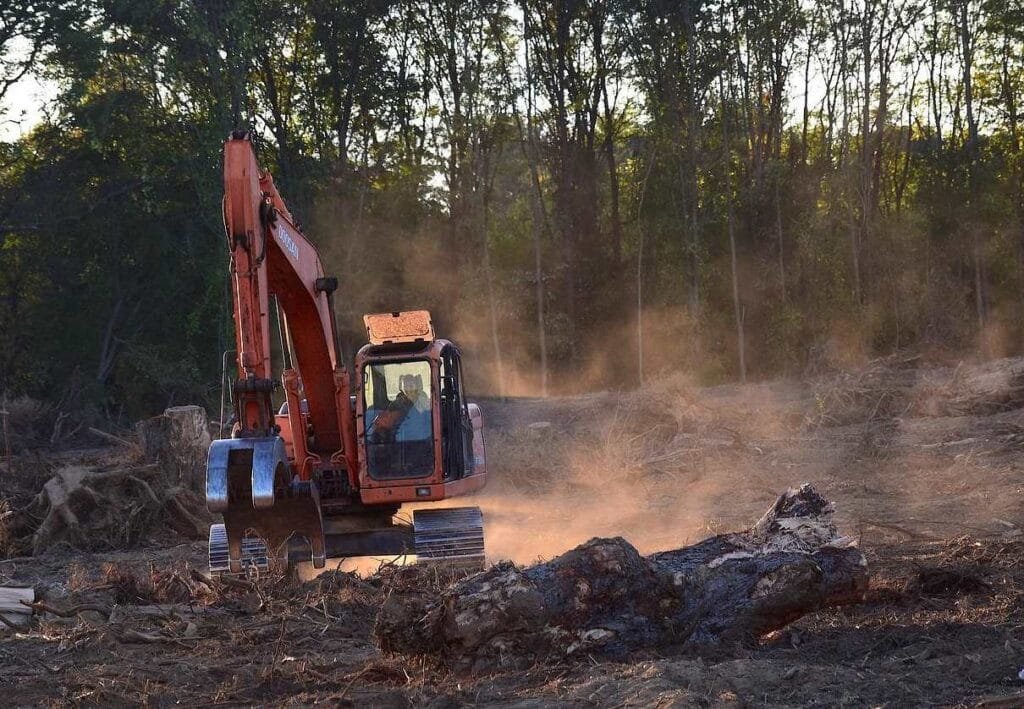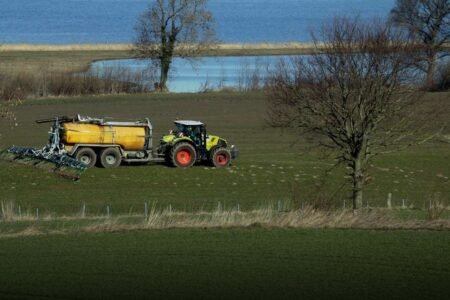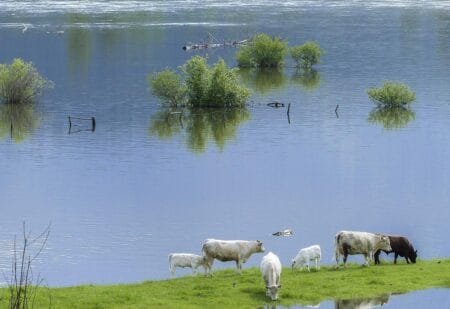Today’s European Parliament vote adopting an objection to the European Commission’s country benchmarking system under the EU Deforestation Regulation (EUDR) represents an irresponsible move against one of the EU’s flagship environmental laws.

The objection, tabled by MEP Alexander Bernhuber (EPP), calls into question the risk classification criteria that are essential for the law’s implementation, by advocating for the introduction of a category of “insignificant or negligible risk” – absent from the legal text of the EUDR. This would require a revision of the law, which would further delay the application, cause more burden for companies that have already set up systems, and undermine the legal certainty that businesses urgently need. It would also weaken the EU’s ability to act decisively on climate and biodiversity loss and human rights violations.
“Parliament seems to be blind to the ongoing climate crisis, putting the EUDR’s credibility and the EU’s climate leadership at risk, and sending the wrong signal at the worst possible time as global deforestation rates spiral out of control,” said Anke Schulmeister-Oldenhove, Manager, Forests at WWF European Policy Office. “The European Commission must now stay the course and implement the EUDR—not be distracted by this political posturing.”
The vote comes at a time when the European Environment Agency warns of an above-average wildfire season, with blazes already underway in Italy and across Southern Europe, and sky-rocketing economic losses from weather- and climate-related extremes. Intact forests are one of our best lines of defence against escalating climate impacts.
“The EUDR was a historic achievement—backed by 1.2 million citizens, numerous companies, and civil society organisations—showing that the EU is serious about cleaning up its supply chains. Undermining it now is not only irresponsible, but it is dangerously out of step with science and public expectation, putting into question the willingness of EU Member States and institutions to really act against deforestation. Any backtracking now, under pressure from narrow political interests, risks eroding that legacy before implementation even begins,” concluded Anke Schulmeister-Oldenhove.








